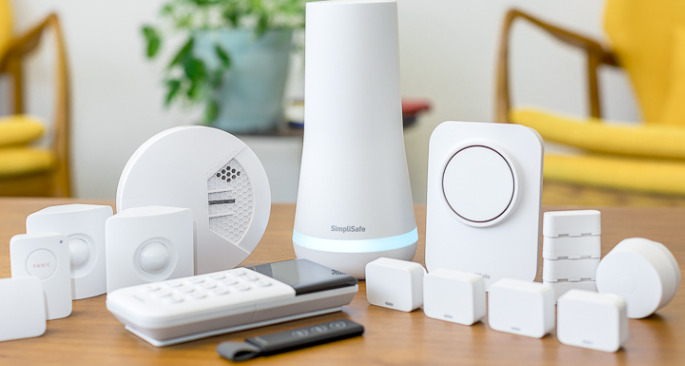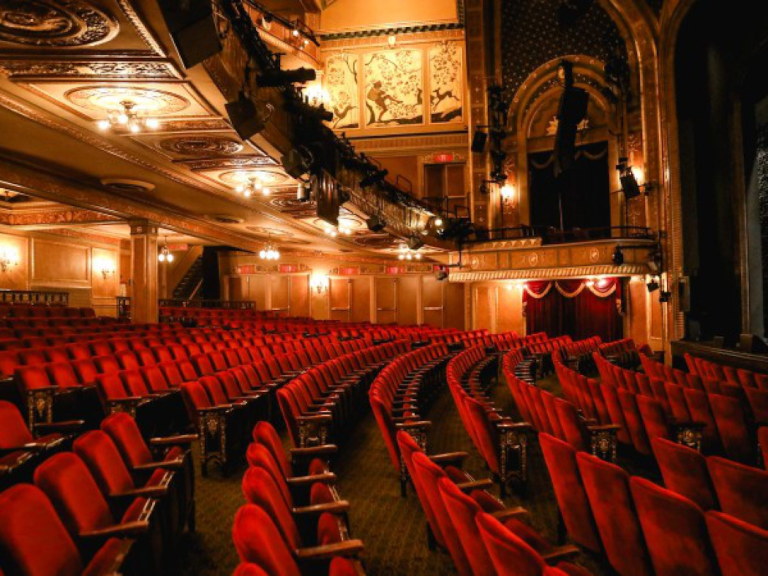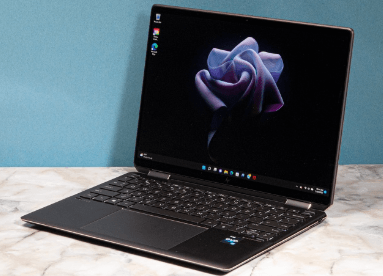How to Choose the Best Security System for Home Security?

Ensuring the safety and security of your home and loved ones is a top priority. A reliable home security system protects your property from burglaries and provides peace of mind. With the wide variety of security systems available today, it’s important to understand how to choose the best one for your needs.
10 Tips to Choose the Best Security System for Home Security
Here are some essential factors to consider when selecting a home security system:
1. Assess Your Security Needs
Start by assessing your specific security requirements. Consider factors such as the size of your property, the number of entry points, and any vulnerable areas. Determine whether you need sensors for doors and windows, motion detectors, surveillance cameras, or other security features. This assessment will help you identify the type of system that best meets your needs. Also, install durable locks on the main entrance doors. You can hire locksmiths to install the best locks on your house doors.
2. Research Different Types of Systems
Several home security systems are available, including professionally monitored systems, self-monitored systems, and do-it-yourself (DIY) systems. Professionally monitored systems involve a monitoring center that alerts authorities in case of an emergency. Self-monitored systems send alerts directly to your smartphone, allowing you to take action. DIY systems offer flexibility and affordability, as the homeowner can install and manage them.
3. Consider Alarm Features
Look for a security system with reliable alarm features. The alarm should be loud enough to alert occupants and deter potential intruders. Some systems offer customizable alarm settings, allowing you to adjust the sound level and duration. Additionally, consider whether you want an alarm that includes voice notifications or integrates with smart speakers for added convenience.
4. Evaluate Monitoring Services
If you opt for a professionally monitored system, carefully evaluate the monitoring services provided. Research the reputation and reliability of the monitoring center associated with the security system. Check if they offer 24/7 monitoring, prompt response times, and have a good track record in dispatching emergency services when needed.
5. Look for Mobile Access and Control
Mobile access and control are essential features in modern security systems. Ensure that your chosen system allows you to monitor and control your security system remotely through a mobile app. This allows you to arm or disarm the system, receive real-time alerts, and view live or recorded video footage from surveillance cameras, providing peace of mind even when you’re away from home.
6. Consider Integration with Smart Home Devices
If you have a smart home setup or plan to incorporate smart devices in the future, choose a security system that integrates seamlessly. Compatibility with devices such as smart locks, smart lights, and voice assistants can enhance the functionality and convenience of your overall home automation system.
7. Evaluate Video Surveillance Options
Video surveillance can be a valuable asset for home security. Determine if you require indoor or outdoor cameras, the number of cameras needed, and the resolution and field of view required for effective monitoring. Look for systems that offer high-quality video recording, night vision, and motion detection features. Consider whether you want cloud storage for video footage or if local storage is sufficient.
8. Read Reviews and Seek Recommendations
Before making a final decision, read reviews and seek recommendations from trusted sources. Look for feedback from other homeowners who have installed the systems you are considering. Pay attention to comments about ease of installation, reliability, customer support, and overall satisfaction. Online forums and consumer review websites can be valuable resources for gathering information.
9. Consider Budget and Long-Term Costs
Determine your budget for a home security system and consider both upfront costs and long-term expenses. Compare the prices of different systems, including equipment costs and monthly monitoring or cloud storage fees. Additionally, consider the potential costs of maintenance, upgrades, and additional features you may want to add.
10. Seek Professional Advice
If you’re unsure which security system best suits your home, consider seeking advice from security professionals or reputable vendors. They can assess your specific needs and recommend the most appropriate system based on their expertise and knowledge of the industry. Locksmiths in Hertford are available for professional advice, consultation, and professional lock installation services.
Concluding Remarks
Choosing the best security system for your home requires careful consideration of your specific needs, available options, and budget. By thoroughly researching and evaluating the features and capabilities of different systems, you can select a home security system that provides reliable protection and peace of mind for you and your loved ones. Remember, investing in a quality security system is an investment in the safety and security of your home.





